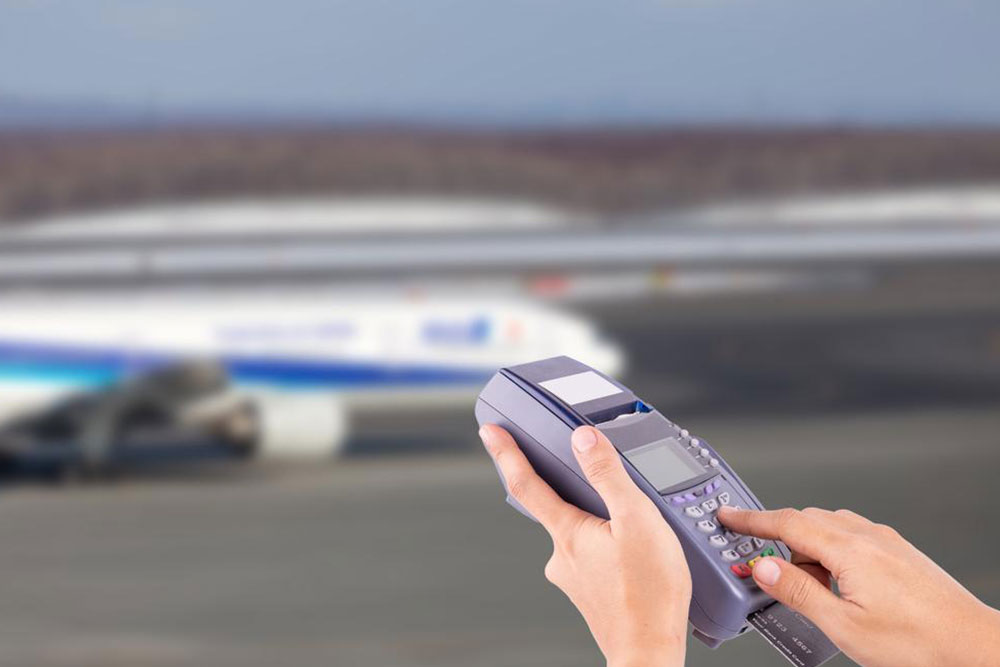Secure payment options for overseas transactions
International online payments are a mandatory need for businesses that look forward to venturing into the global market. While physical cash payments cannot be done between a seller and a buyer all the time, the sellers and buyers look towards technological advancements that make such restrictions disappear and aid in the growth of the business troughs successful transactions. Technological advancement over the last decade has created a wide array of choices that make online international payments feasible and are at the same time user friendly.

The most basic form of online payments involves the use of credit or debit card. Since both these cards are issued by a bank, the cards have international payment transaction options by which the card user can just enter the unique card number and make an online transaction after processing the required authorization details as set up for the card. While some people may fear fraud or theft using these details, the banks have the alternative of a virtual credit card for credit card holders because the virtually encrypted card is protected with multi layers of security exclusively for the internet world.
All the mediums are not just safe and bank authorized but also instant in terms of time. However, the only glitch would be that these cards have a set transaction amount limit, as a result of which these cards can only be used for small transactions. Another important detail to note would be that these transactions would not cost an exorbitant amount, but a minimal fee would be charged by the bank as handling charges based on the total transaction cost.
Some of the advanced options for online international payments include e-cheque, digital cash and peer-to-peer gateways(P2P. The e-cheque medium is similar to a paper cheque except for the fact that the cheque can be authorized through the bank, followed by a direct electronic fund transfer into the required account or the bank could send a mail which the end-user can use to credit that amount into their bank. This medium is highly secure due to the direct transaction through banks.
On the other hand, digital cash is nothing but the use of e-wallets, through which an account sign up and use of bank details allows the users to credit payments to the required businesses through the use of internet. P2P is similar to digital cash but is directly routed to the bank of the user, while digital cash requires transfer of money into an e-wallet after which the money goes to the vendor and then the bank.



